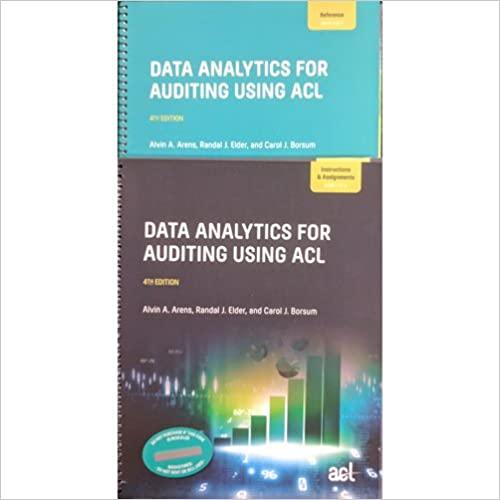Question
Please help ASAP 21. An act exceeding the powers of the Corporation is called a(n) __________________________ act. 22. Under the doctrine of Respondeat Superior, an
Please help ASAP
21. An act exceeding the powers of the Corporation is called a(n) __________________________ act. 22. Under the doctrine of Respondeat Superior, an agent assumes all liabilities and obligations with respect to 3rd-parties if the principal denies such liabilities and obligations. TRUE FALSE 23. In general, who are the owners of a corporation?
A. the directors
B. the officers
C. the executives
D. the shareholders
E. all of the above 24. On the death of a joint tenant, the property automatically belongs to the: A. surviving joint-tenant B. state C. spouse D. heirs
E. no one 25. Termination (dissolution) of a partnership can result from: A. the death of a partner B. the bankruptcy of a partner C. the retirement of a partner D. all of the above.
E. none of the above 26. A corporation that is organized in one state and does business in another state (or states) is known in the latter state (or states) as a: A. local corporation B. foreign corporation C. regional corporation D. domestic corporation E. none of the above 27. A constructive eviction occurs when: A. the landlord wants to repair the property and evicts the tenant B. the tenant redecorates the property without the landlords permission C. the landlord makes the property so uninhabitable that a reasonable person under the same circumstance would be compelled to leave D. the tenant intentionally damages or destroys the property 28. Unless otherwise agreed, the partners shares of the profits are: A. equal B. based on the amount each partner invested C. based on the partners ages D. based on the partners salaries 29. According to the principle of ____________________ a person cannot be tried twice for the same crime in the same court. 30. The ________________________________ controls the acts of debt collectors and prohibits abusive debt-collection techniques. A. Federal Fair Debt Collection Practices Act
B. The Federal Trade Commission C. The Federal Truth-in-Lending Act
D. The Federal Courts
Step by Step Solution
There are 3 Steps involved in it
Step: 1

Get Instant Access to Expert-Tailored Solutions
See step-by-step solutions with expert insights and AI powered tools for academic success
Step: 2

Step: 3

Ace Your Homework with AI
Get the answers you need in no time with our AI-driven, step-by-step assistance
Get Started


